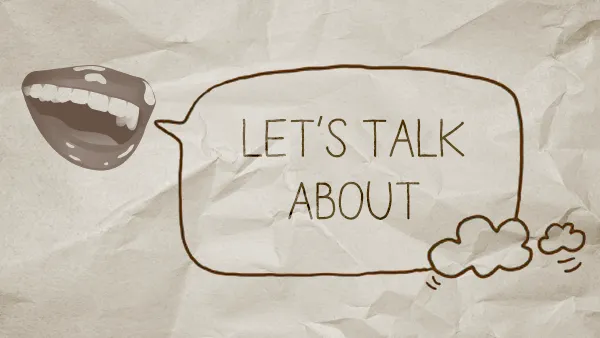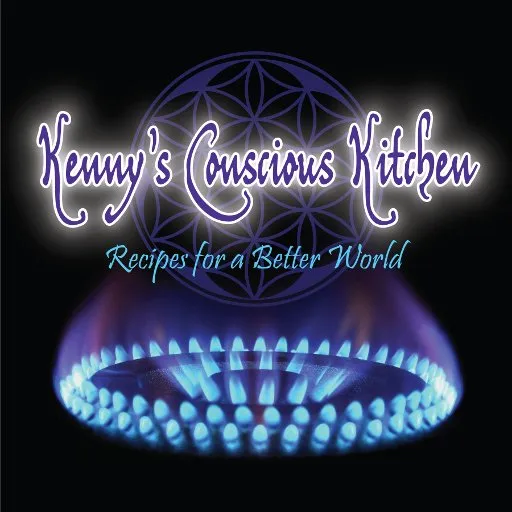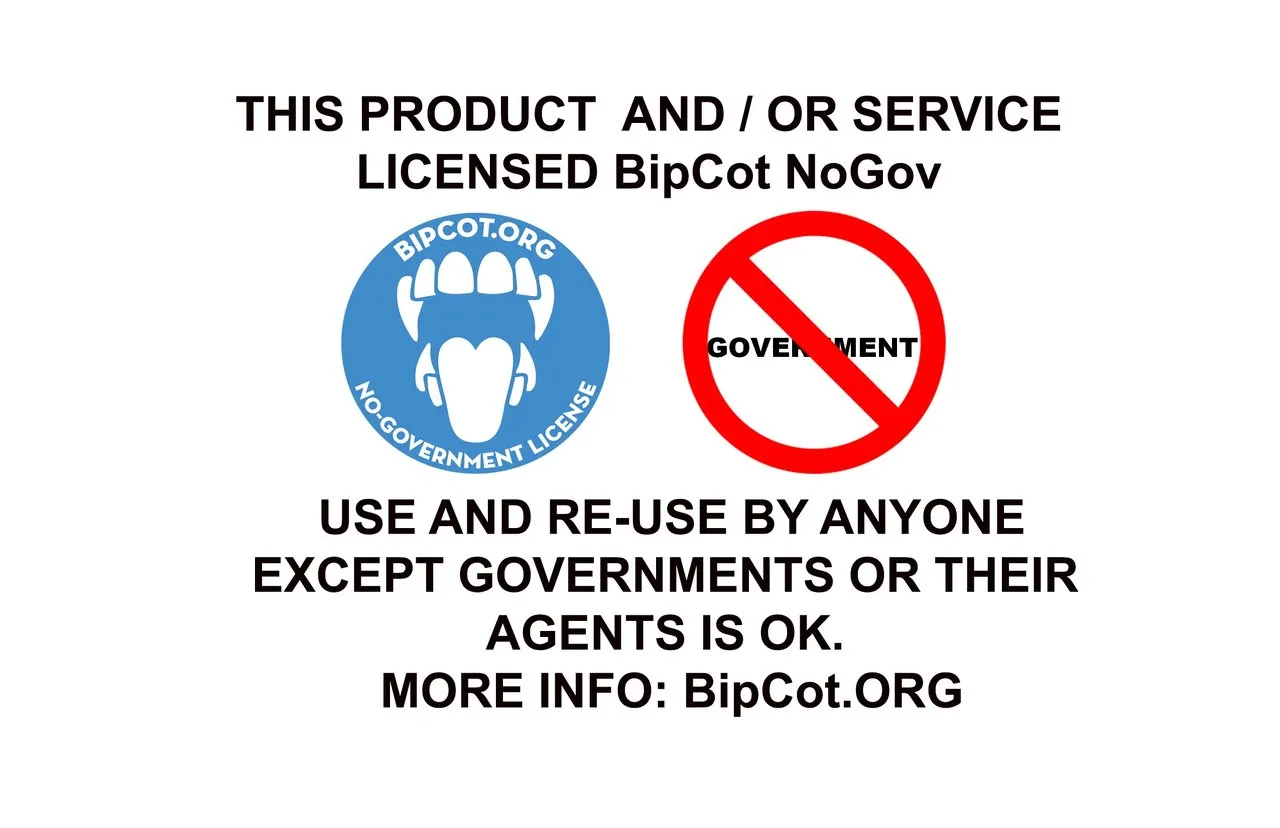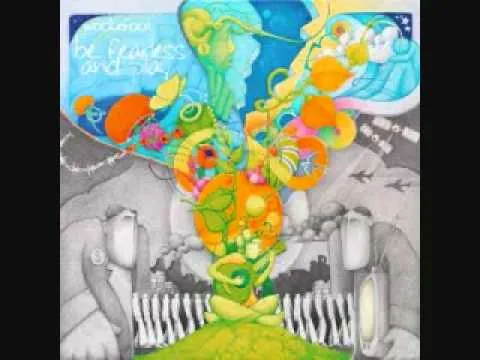Words Have Meanings, And Those Meanings Matter

In my experience & observations, one of the biggest causes of most arguments (or at least the biggest reason that so many arguments/debates end up going nowhere) is because the average person doesn't have a very strong grasp on the English language. sidenote: I would assume this is probably true for many other languages as well. Two people sit down to talk about economics, politics, culture, or some other topic, and then proceed to make the same sounds with their mouths, while applying different meanings to those sounds.
This can be seen quite clearly in conversations about "Anarchy", where those with a historical/philosophical/etymological understanding of the word are talking about a world "without rulers", while those who have no connection to the word outside of mass media bastardization over the past century are hearing/using that word as a synonym for "chaos."
I have had great success in many situations, whether I was on one end of the conversation or simply a bystander tired of hearing folks talk past each other, is to stop and clearly define the terms being used. Sometimes this just means the people involved agreeing to a particular definition so that they can both use it, but more often I bring it back to the Etymology, so that we can explore the roots of the word, the history of it, ALL of the current & past definitions.
With this in mind, I've decided to start a new series: Let's Talk About Words, where I will be exploring the use, misuse, and history of words that I see causing misunderstanding and slowing down the paradigm shift.
Previous Episodes
Episode 2: "Should"
The first episode of this series was focused on a word that is almost exclusively used incorrectly, a word of which very few even know the definition or history, and a word that many find to be offensive/vulgar. This time around, we're going to take a look at a word that is much less charged, yet misused just as often.
Most folks, when they hear/use the word "should" are under the impression that it has the same meaning as saying "could," "may," and so on. Recommendations & ideas are so very different from telling someone (including yourself) that there is an actual obligation to do the thing, based on guilt and/or debt.

Etymology of the Word
Should
c. 1200, from Old English sceolde, past tense of sceal (see shall). Preserves the original notion of "obligation" that has all but dropped from shall.
Shall (v.)
Old English sceal, Northumbrian scule "I owe/he owes, will have to, ought to, must" (infinitive sculan, past tense sceolde), a common Germanic preterite-present verb (along with can, may, will), from Proto-Germanic *skal- (source also of Old Saxon sculan, Old Frisian skil, Old Norse and Swedish skola, Middle Dutch sullen, Old High German solan, German sollen, Gothic skulan "to owe, be under obligation;" related via past tense form to Old English scyld "guilt," German Schuld "guilt, debt;" also Old Norse Skuld, name of one of the Norns), from PIE root *skel- (2) "to be under an obligation."
Ground sense of the Germanic word probably is "I owe," hence "I ought." The sense shifted in Middle English from a notion of "obligation" to include "futurity." Its past tense form has become should (q.v.). Cognates outside Germanic are Lithuanian skelėti "to be guilty," skilti "to get into debt;" Old Prussian skallisnan "duty," skellants "guilty."
In Closing
As I said at the beginning, this particular word doesn't have nearly the charge that our last word did, but I find the shift away from telling people they "should" do this or that is an important one. Why cast spells that put some sort of obligation on ourselves or others, especially accidentally? The difference between telling someone that "it would be interest to do ______" or "I would recommend doing _______" is so much more open, casual, and non-intrusive than telling someone that they have a moral obligation to do that thing. This is especially important in the MANY situations where this word is used simply to point out potential activities.
If you haven't heard the song "Don't Should On Me" by Wookiefoot, I highly recommend checking it out. You can scroll up and watch the embedded YT video in this post; go ahead, I'll wait :-)
Image Sources
Etymology

If you enjoyed this, you may enjoy some of these highlights of my blog:


